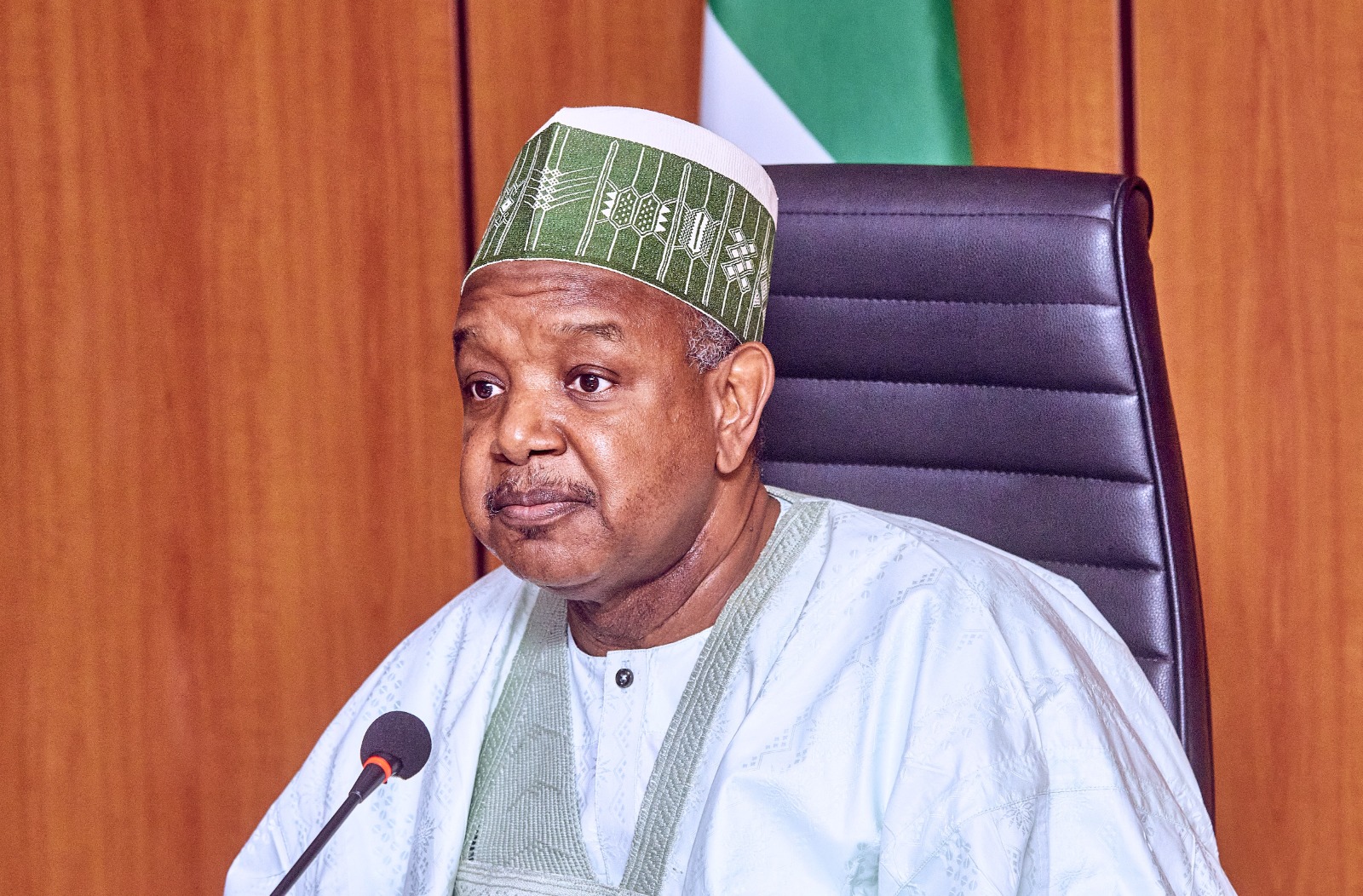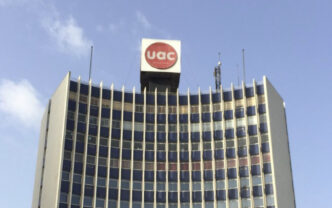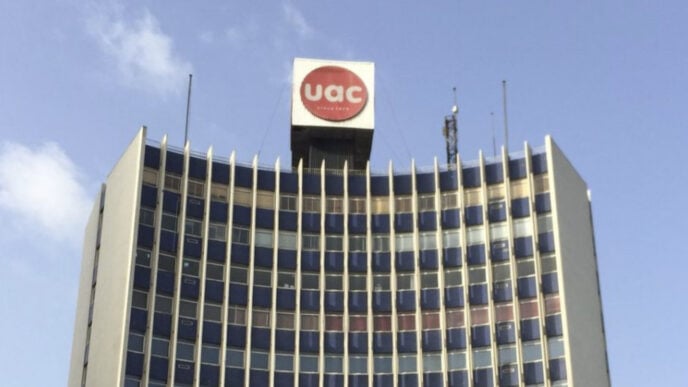Vice-President Kashim Shettima says Nigeria has committed $538.05 million to the first phase of the special agro-industrial processing zones (SAPZs), creating over 785,000 jobs.
Stanley Nkwocha, Shettima’s spokesperson, said in a statement on Tuesday that the vice-president spoke at a high-level dialogue.
The event was with African youth agri-food entrepreneurs and leaders in Addis Ababa, Ethiopia, at the United Nations Food Systems Summit Stocktake (UNFSS+4).
Shettima said the SAPZ programme is being implemented in partnership with the African Development Bank (AfDB), the International Fund for Agricultural Development, the Islamic Development Bank, and other key development partners.
Advertisement
“The initiative is projected to attract $1 billion in total investments by 2027, reduce post-harvest losses by 80%, and has already generated over 785,000 jobs across targeted regions,” he said.
According to the vice-president, Africa’s greatest asset is its youth, and no stone should be left unturned in unlocking their potential.
Shettima reiterated the federal government’s resolve to tackle food insecurity, saying the administration of President Bola Tinubu has declared a state of emergency on food security, reactivated over 500,000 hectares of land, deployed strategic food reserves, and expanded access to seeds and extension services.
Advertisement
He said reforms in the security sector are needed to allow farmers safe access to land, adding that food security must be treated as a foundation for peace.
The vice-president also called for international collaboration to recharge the Lake Chad Basin, expand irrigation, and establish a national farm database.
Shettima advocated for anticipatory action to climate shocks, emergency school feeding in conflict-hit regions, and resilience-building to ensure long-term food stability.
In 2023, the federal government secured a $1 billion investment for SAPZs in 24 states of Nigeria.
Advertisement
On December 11, 2024, the AfDB said it facilitated $2.2 billion capital mobilisation for Nigeria’s SAPZs phase two project.
‘OVER 37 MILLION CHILDREN UNDER FIVE FACED ACUTE MALNUTRITION THIS YEAR’
Amina Mohammed, the United Nations deputy secretary-general, said that over 37 million children under five who faced acute malnutrition this year are almost the entire population of Canada.
“Short-term interventions disconnected from long-term development planning are not the solutions we are seeking. We must choose transformation over dependency,” she said.
Advertisement
Mohammed praised leaders embedding resilience in national strategies and urged more coordination that delivers direct impact to citizens.
Other speakers at the summit included Cindy McCain, executive director of the World Food Programme; Salah Jama, deputy prime minister of Somalia; and Moubarack Roubo from Chad’s ministry of agricultural production and industrialisation.
Advertisement
FG UNVEILS 10-YEAR PLAN TO TRANSFORM AGRICULTURAL SECTOR
While declaring that youth-led innovation would be central to Nigeria’s food systems transition, Shettima announced that the federal government has unveiled a 10-year strategic action plan, spanning 2026 to 2036, to transform the country’s agricultural sector.
He said the plan forms part of Nigeria’s national strategy to implement the Comprehensive Africa Agricultural Development Programme (CAADP) Kampala Declaration 2026–2036, adopted by African heads of state to strengthen food and nutrition security across the continent.
Advertisement
“A nation that is prepared for the future is not known by the promises it makes but by the place it gives to its youth in shaping those promises. To see African youths leading the charge in this essential sector speaks more eloquently than any speech,” Shettima said.
He said Nigeria has inaugurated an agricultural sector working group and a technical committee to coordinate national implementation of the declaration and to develop the 10-year action plan.
Advertisement
According to him, the plan will align national and subnational priorities, promote public-private partnerships, and embed strong youth engagement at every level.
Also, Shettima reaffirmed Nigeria’s call for increased investment in value addition and agro-processing to end raw commodity exports and build stronger local economies.
“This is not a sprint. It is a generational relay that requires collective action, strategic partnerships, and an unwavering commitment to shared responsibility,” he said.
The vice-president added that the plan would prioritise training and mentorship in agro-technology and agribusiness, supported by a strong monitoring and evaluation framework.












